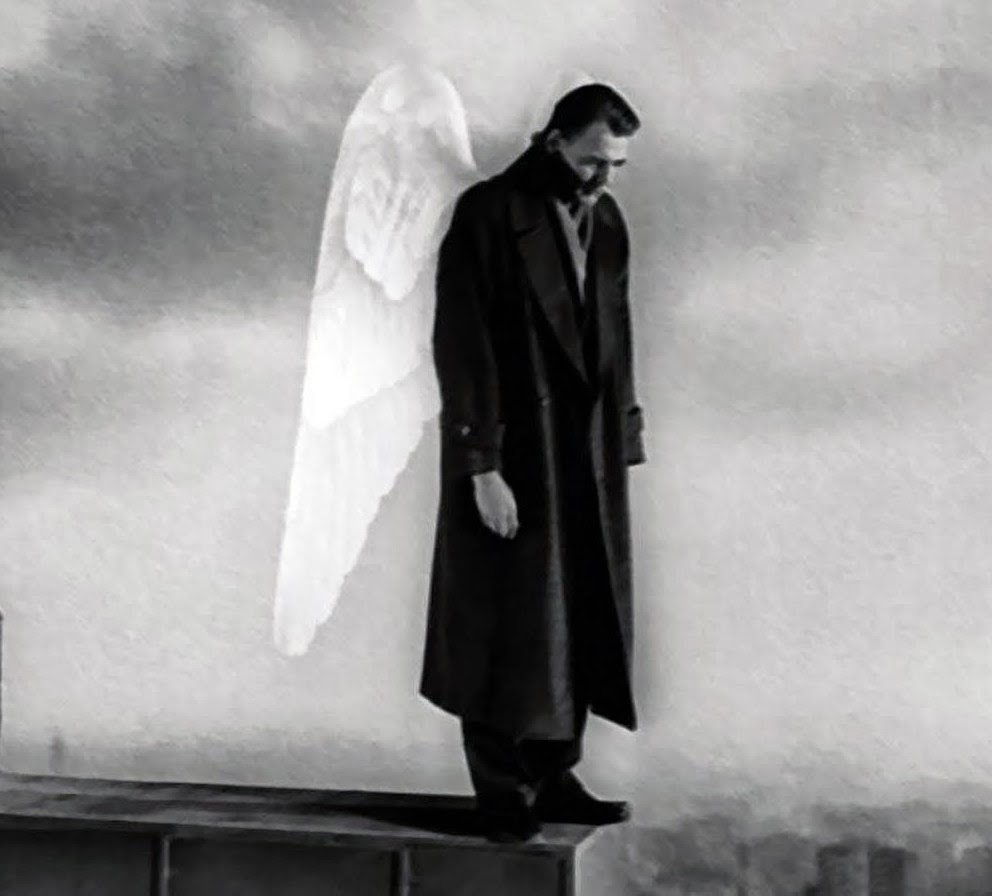As I pack my bags to leave for India early
tomorrow morning I would just like to mention one special achievement of 2013.
During the summer Markus Werner, a young German film-maker, sent me his latest
piece ‘One Wisdom’. It is essentially this young man’s journey through
contemporary Europe trying to take the spiritual temperature of the continent.
As you will see he encountered many people who felt that rather than this being
a time of despair and bleakness it is, on the contrary, a kairos moment for us and our generation. God is speaking strongly
at this time and it is our duty to listen to him. I met Markus on the beautiful
island of Iona a couple of summers ago when I was leading a retreat with Ali
Newell, a Church of Scotland minister, on the theme of sexuality and
spirituality. The group was extremely varied but as we shared our own journeys
and encountered the spirit within our wounds we found that the ancient power of
the island healed and bonded us. Markus interviewed me during this time on the
theme of mystical theology and you can see some of the interview on the film (see
http://www.onewisdom.twentyonevision.com/?lang=en).
Whilst running another workshop in the autumn this
year with my friend Hymie Wyse at the World Community for Christian Meditation
in Islington similar questions arose as those which Markus explores in his
film. The comment that caused the debate there came from the book Thomas Merton
wrote in the early 1960s but was not allowed to publish – Peace in the Post-Christian Era, here it is in full:
‘We live in an irreligious post-Christian world in
which the Christian message has been repeated over and over until it has come
to seem empty of all intelligible content to those whose ears close to the word
of God even before it is uttered. In their minds Christian is no longer
identified with newness and change, but only with the static preservation of
outworn structures.’ (Merton 2004:128)
I maintained then and I maintain now that Merton
truly was a prophet ahead of his times... 50 years ahead to be precise. It is
as though we are now living in the era that Merton wrote about so presciently
fifty years ago. Yet, and this is what caused the debate last autumn, is it
fair to call it an ‘irreligious’ era? Many of the group last autumn felt not,
and listening to young seekers such as Markus I think they would be right. The
spiritual call is as strong as ever and is creating new initiatives on a daily
basis.
According to traditional Roman practice tomorrow
is the day of sacrifice to Janus – the double-faced god who presides over the
door of all new beginnings. As our Christmas Octave draws to a close and we
prepare for the great mysteries of the Theophany on the 6th January let us
throw open the doors of the temples of our minds to these fresh new beginnings
in the New Year where God will lead us ‘where we would rather not go’.
Happy New Year!
Peter






